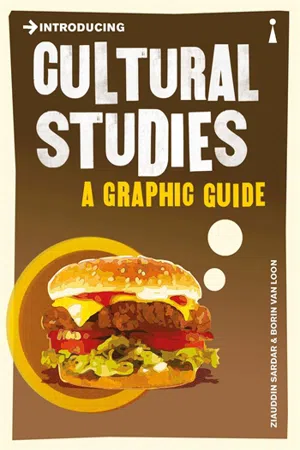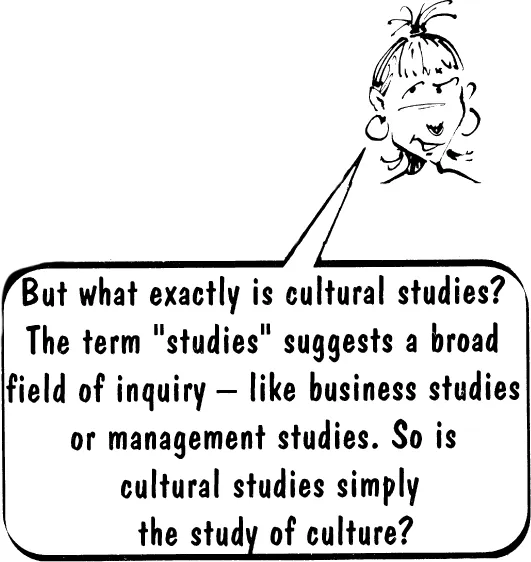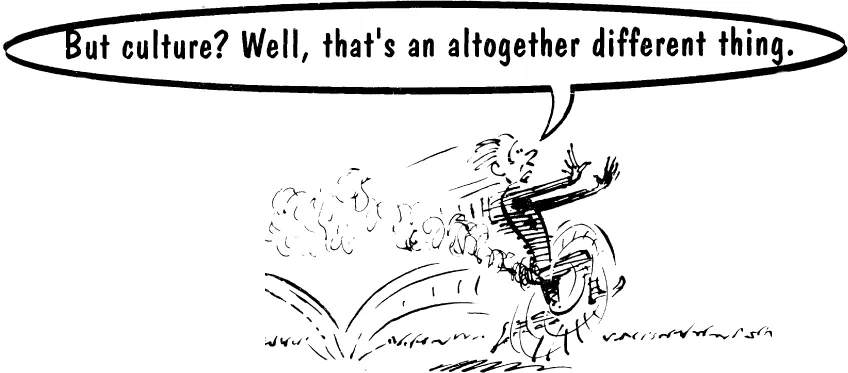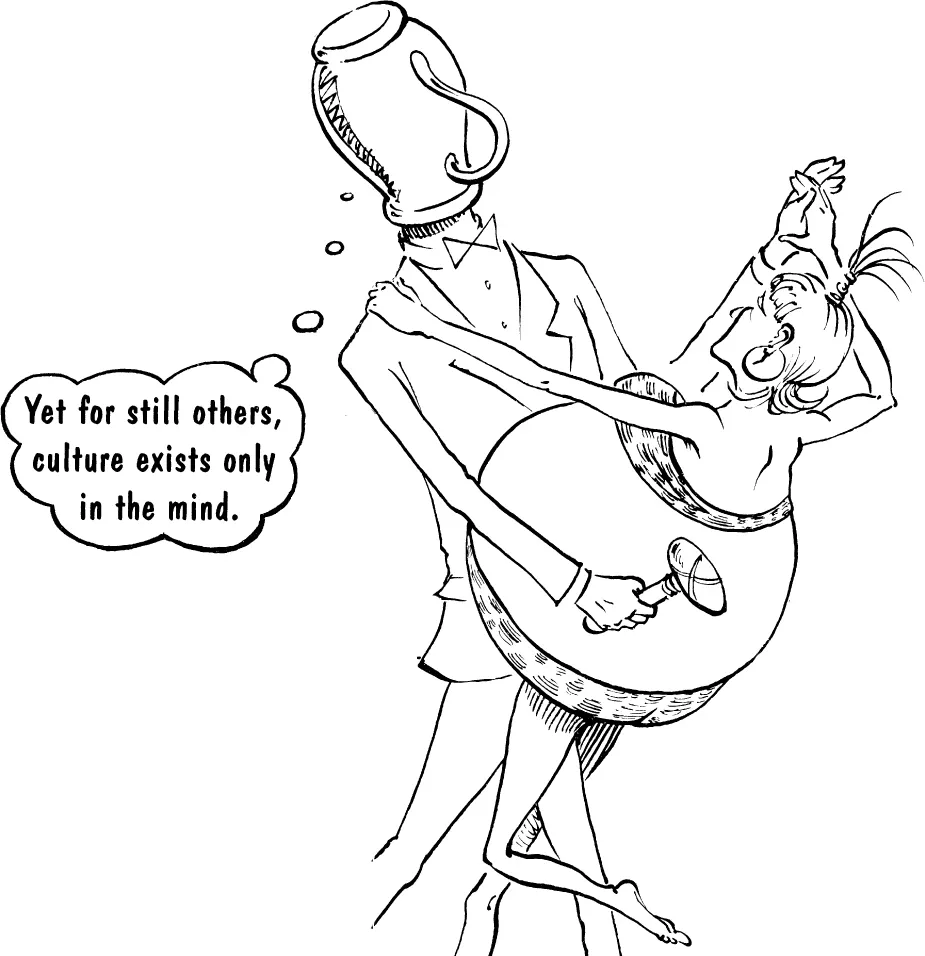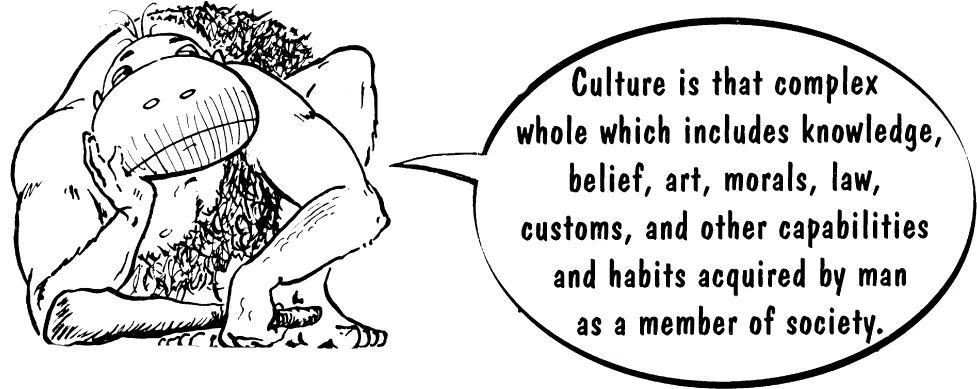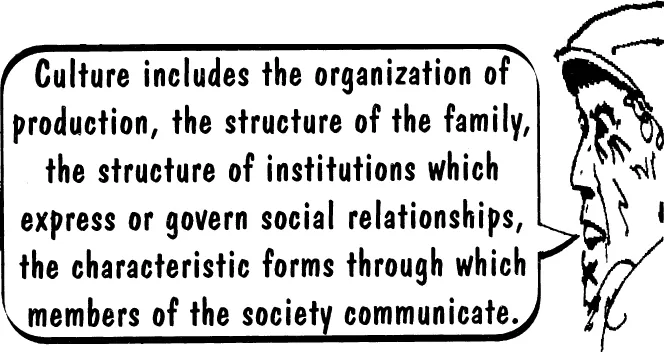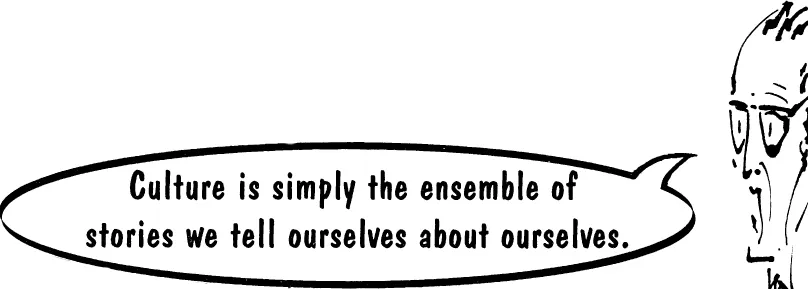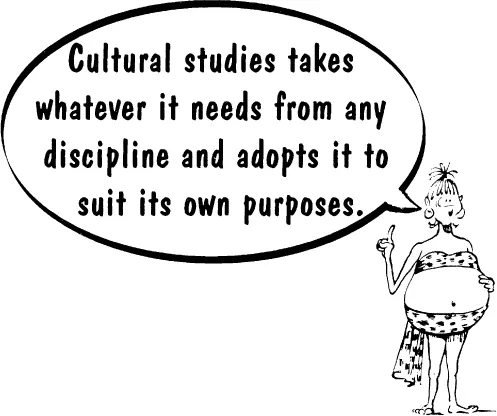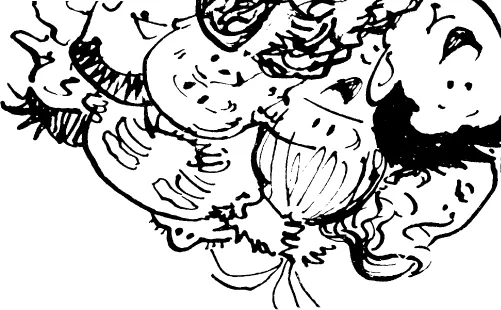![]()
What Is Cultural Studies?
Cultural studies is an exciting and “hot” field of study. It has become the rage amongst progressives of all sorts – not least because culture as a theme or topic of study has replaced society as the general subject of inquiry among progressives.
Cultural studies has made its presence felt in academic work within the arts, the humanities, the social sciences and even science and technology. It appears to be everywhere and everyone seems to be talking about it.
We know what business is. And what management is.
What is Culture?
The ambiguity of the concept of culture is notorious. Some anthropologists consider culture to be social behaviour. For others, it is not behaviour at all, but an abstraction from behaviour. To some, stone axes and pottery, dance and music, fashion and style constitute culture; while no material object can be culture to others.
One of the oldest definitions of culture was given by the British anthropologist, Sir E.B. Tylor (1832–1917) in the opening lines of his book, Primitive Cultures (1871):
Here are a few more attempts to define culture …
American anthropologist Margaret Mead (1901–78)
Raymond Williams (1921–88), one of the founders of cultural studies
Clifford Geertz (b. 1926), Professor of Social Science at Princeton University
On the basis of these definitions, culture seems to be (almost) everything and cultural studies the study of (almost) everything!
What is the Subject of Cultural Studies?
Not surprisingly, cultural studies does not have a clearly defined subject area. Its starting point is a very broad and all-inclusive notion of culture that is used to describe and study a whole range of practices.
Cultural studies functions by borrowing freely from social science disciplines and all branches of humanities and the arts. It appropriates theories and methodologies from
Almost any method from textual analysis, ethnography and psychoanalysis to survey research can be used to do cultural studies.
All this makes it very difficult, if not impossible, to agree on any basic definition of the nature of the beast that is cultural studies. Cultural studies is not one thing, it is many things. It straddles the intellectual and academic landscape from old established disciplines to new political movements, intellectual practices and modes of inquiry such as Marxism, post-colonialism, feminism and post-structuralism. It moves from discipline to discipline,
methodology to methodology, according to its own concerns and motivations.
This is why cultural studies is not a discipline. It is, in fact, a collective term for diverse and often contentious intellectual endeavours that address numerous questions, and consists of many different theoretical and political positions.
Characteristics of Cultural Studies
Just because cultural studies is practically impossible to define, it does not mean that anything can be cultural studies or cultural studies can be just anything. The history of cultural studies has provided it with certain distinguishable characteristics that can often be identified in terms of what cultural studies aims to do.
1. Cultural studies aims to examine its subject matter in terms of cultural practices and their relation to power. Its constant goal is to expose power relationships and examine how these relationships influence and shape cultural practices.
2. Cultural studies is not simply the study of culture as though it was a discrete entity divorced from its social or political context. Its objective is to understand culture in all its complex forms and to analyse the social and political context within which it manifests itself.
3. Culture in cultural studies always performs two functions: it is both the object of study and the location of political criticism and action. Cultural studies aims to be both an intellectual and a pragmatic enterprise.
4. Cultural studies attempts to expose and reconcile the division of knowledge, to overcome the split between tacit (that is, intuitive knowledge based on local cultures) and objective (so-called universal) forms of knowledge. It assumes a common identity and common interest between the know...
